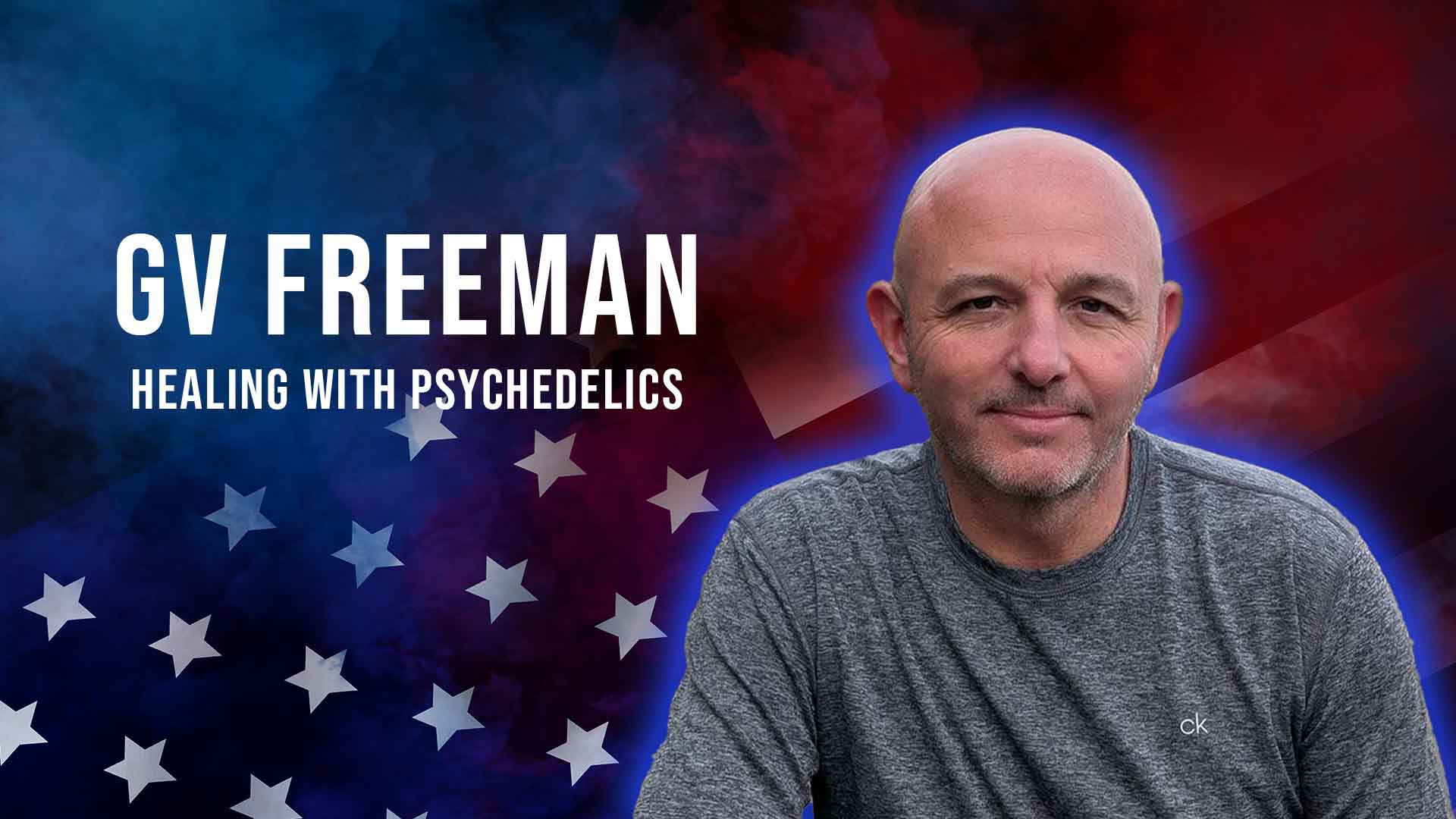I don’t know about you, but I don’t enjoy being sick. It’s no fun. Headache, congestion, pain, no energy, can’t get anything done. We all have things we want to achieve in our lives, and if we’re just feeling run down, it’s not enjoyable. As a veteran who served 22 years in the Army, I have an extra added sense of resistance against sickness. Or maybe it’s just a guy thing, as my wife says. Bottom line is, nobody likes to be sick.If that’s how we physically feel about being physically sick, then it comes as no surprise that we feel even more strongly about resisting the concept of mental illness. That there’s something wrong with us psychologically. As a clinical mental health counselor, I work with veterans daily, and they’re some of the strongest, most courageous people I know.They’re also hurting and in pain.This is a challenge that I often see when it comes to veteran mental health: many think that having to work with a mental health professional, aka "shrink," aka "going to see the wizard," aka "talking about your feelings and all that psychobabble crap," means that we are somehow weak, broken, mentally ill. With that kind of self-judgement, which is reinforced by our peers and society at large, is it any wonder that a veteran avoids talking about their mental health and wellness? Unfortunately, it's also a subject that needs to be discussed. Avoiding the topic of veteran mental health is like avoiding having "the talk" with our teenagers, and silently hoping that we don't become grandparents a heck of a lot sooner than we were expecting. Perhaps, instead of focusing on veteran mental illness, we should start talking about veteran mental wellness.
Rejecting the label of Mental Illness
The term "mental illness" conjures up images of a padded room and a straight jacket. We think about that, then we think about One Flew Over the Cuckoo's Nest, and we categorically reject any thought that this label may apply to us. More importantly, for veterans, we never wanted to be "that guy" or "that gal," the sick call ranger who couldn't be counted on to pull their weight. What if we stopped looking at it as sickness or illness, though? We all know we have good days and bad days. Sometimes we're just not at the top of our game. It happens, even to elite athletes and high-powered executives. The problem with that is, rejecting the thought that there's anything "wrong" with us may be rejecting reality. If we find ourselves working too much, drinking too much, fighting too much, or doing anything too extreme, then we're not facing facts: we're not working towards the best us we can possibly be. Does that mean we are "mentally ill?" Of course not. It means we're human.
Striving towards Mental Wellness
Instead of looking at veteran mental health as something that is sick that needs to be fixed, how much better would it be if we looked at it as something that is working less well and making it more well? You can see the positive spin here, but it's not a "spin," it's an outlook on our life. On the world around us. If one of the rules we tell ourselves is that we only need to go see a mental health professional if we're "crazy," then we're going to reject the label and avoid getting help. If we instead change that rule to say that going to see a mental health professional means that we're focused on being the best possible us that we can be, the stigma falls away on its own. Consider mental wellness along the same lines as physical wellness. If you step on the scale and don't like what you see, or you go to the doctor and don't like what you hear, an appropriate response is to make some changes in your life. Perhaps you get some help in doing so. Why should working towards improving your mental health be any different that improving your physical health? We can spend all the time we want in the gym, on the road, at the range, pushing ourselves to operate at the next level. Maybe that's all the "therapy" you need. Other times, though, we might need to take things to the next level. It's being able to recognize the difference between the two, and then reaching out for the support you need, that can make all the difference in the world.



%201.svg)





.png)



